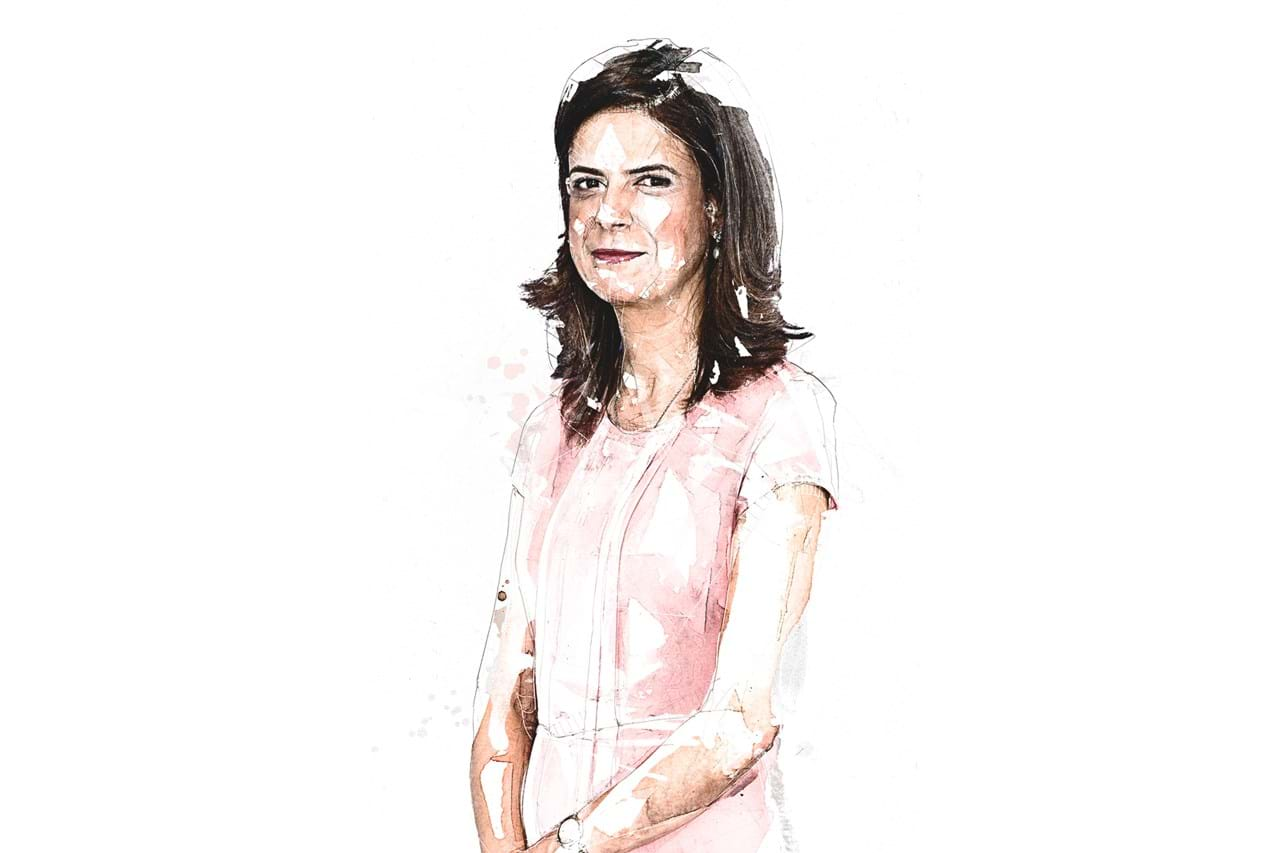RGPC and Whistleblowing
What is it?
Decree-Law no. 109-E/2021, of 9 December, which creates the National Anti-Corruption Mechanism (MNAC) and establishes the general regime for the prevention of corruption, and Law no. 93/2021, of 20 December, which aims to protect whistleblowers from infringements concerning the protection of persons who report violations of Union law – Whistleblowing – created new obligations for companies and public entities.
- June 7: DL 109-E/2021 RGPC
- June 18: Law 93/2021 Whistleblowing
What do we do?
Abreu has advised clients from different sectors by way of a 360º approach: our lawyers understand the risks, put employees at the centre of the discussion, create a basis for long-term commitment in the fight against corruption and accompany the client in the implementation of the measures provided for in the RGPC and in the whistleblower protection regime.
In line with the efforts made to harmonise legal frameworks around the world with a view to preventing corruption – and not just putting an end to it – Abreu Advogados has contributed to promoting transparency in organisations and, at the same time, aligning with the best international cooperation practices in the fight against corruption.
With a team that brings together cross-sector and strategic knowledge, Abreu Advogados is highly specialised in the topic of corruption prevention. Also, being one of the largest in Portugal in terms of size, the team has the right knowledge and dynamism to adapt to the current reality of companies to the new legal requirements that come into force in June 2022.
How can we help?
Abreu Advogados advises legal entities that employ 50 or more workers, and which include private entities, the State and other public entities, in the following matters:
1..Reporting of risk identification and mitigation;
2.Development of the plan to prevent risks of corruption and related infractions (PPR);
3. Creation or Review of the Code of Conduct, in compliance with the provisions of the RGPC;
4. Creation or Review of the existing whistleblower channel, including the respective regulation, in line with the RGPC (and, naturally, in line with the provisions of Law No. 93/2021, of 20 December);
5. Development of internal control procedures that cover the main corruption risks identified in the PPR and procedures for prior risk assessment in relation to third parties acting on behalf of the entity, suppliers and customers;
6.Creation and implementation of training plans certified by DGERT – Directorate-General for Employment and Labour Relations within the scope of the RGPC and Whistleblowing Channel, by qualified trainers and aimed at managers and workers on the policies and procedures of prevention of corruption and related offences implemented by the company;
7. Elaboration and implementation of changes in the scope of the RGPD, arising from the RGPC and the regime of the whistleblower channel.
Such as, for example:
• Preparation / review of registration of personal data processing activities (RAT);
• Data Protection Impact Assessment (AIPD);
• Agreement for processing personal data in subcontracting;
• Privacy Notice;
• Consent collection forms;
• International transfers of personal data.
Get in touch
This site is protected by reCAPTCHA and the Google Privacy Policy and Terms of Service apply.






